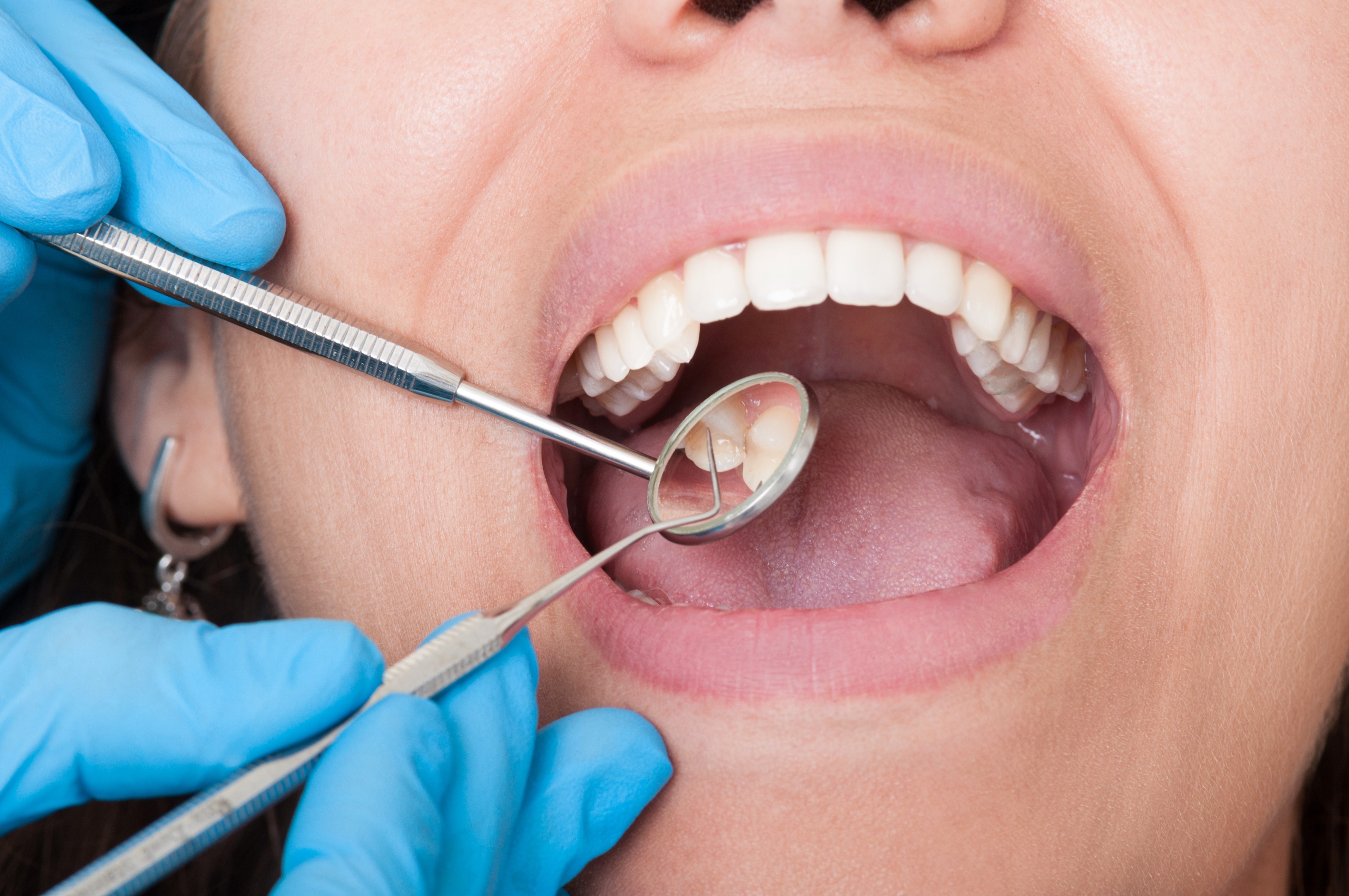
For what reason are my teeth so significant?
Your teeth shift fit as a fiddle and size contingent upon where they are in your mouth. These distinctions enable the teeth to do a wide range of occupations. Teeth help us to bite and process nourishment. They help us to talk, and to articulate various sounds plainly. At last, teeth help to give our face its shape. A sound grin can be an incredible resource; and in light of the fact that this is so significant, it bodes well to give your teeth the most ideal consideration.
What can turn out badly?
Tooth rot can be excruciating and lead to fillings, crowns or trims. On the off chance that tooth rot isn't dealt with, the nerve of the tooth can get tainted and kick the bucket, causing a sore. This may then need root trench treatment or in any event, for the tooth to be expelled. It is significant that you keep up a decent everyday practice at home to keep your teeth and gums sound.
Gum ailment is normal and, whenever left untreated, may prompt bone misfortune around the teeth. Now and again, it might prompt free teeth and teeth being lost. Gum sickness is preventable. It tends to be dealt with and monitored with customary cleaning sessions and registration, anticipating further issues. On the off chance that teeth are lost, it might be important to fill the holes with scaffolds, false teeth or inserts.
How would I keep my teeth and gums sound?
It is anything but difficult to get your mouth perfect and solid and keep it that way. A basic routine can help counteract most dental issues:
- Brushing your teeth last thing around evening time and at any rate one other time during the day, with a fluoride toothpaste
- Spit out in the wake of brushing and don't flush, with the goal that the fluoride remains on your teeth longer
- Cleaning between the teeth with 'interdental' brushes or floss in any event once per day
- Good dietary patterns - having sugary nourishments and beverages less frequently, and
- Regular dental registration.
Albeit a great many people brush routinely, many don't perfect between their teeth and a few people don't have standard dental registration. A couple of little changes in your day by day schedule can have a major effect in the long haul. Your dental group can expel any development on your teeth and treat any gum infection that has just shown up. However, day by day dental consideration is up to you, and the primary weapons are the toothbrush, toothpaste and interdental (cleaning between your teeth).
What is plaque?
Plaque is a slender, clingy film of microorganisms that always frames on your teeth.
In what manner would plaque be able to cause rot?
At the point when you eat nourishments containing sugars and starches, the microscopic organisms in plaque produce acids, which assault tooth veneer. The tenacity of the plaque keeps these acids in contact with your teeth. After the consistent corrosive assault, the tooth lacquer separates framing a gap or hole.
In what capacity would plaque be able to cause gum malady?
On the off chance that plaque isn't expelled by brushing, it can solidify into something many refer to as 'math' - another name for it is 'tartar'. As analytics frames close the gum line, the plaque underneath discharges hurtful harms making the gums become disturbed and aggravated.
The gums begin to pull away from the teeth and the holes become contaminated. In the event that gum ailment isn't dealt with quickly, the bone supporting the teeth is crushed, and solid teeth can turn out to be free and drop out. The extreme gum malady can prompt teeth dropping out and waiting to be supplanted.
How might I avoid gum illness?
It is critical to evacuate plaque and bits of nourishment from around your teeth as this will prevent your gums from getting kindled and swollen, and getting contaminated. On the off chance that you leave plaque on your teeth, it can solidify into tartar, which must be evacuated by the dental group. It is imperative to keep up your normal arrangements with the goal that your teeth can have an intensive cleaning in the event that they need it.
How would I know whether I have gum sickness?
Gum malady is commonly easy, despite the fact that it harms the bone supporting the teeth. Gum sickness (gum disease) will normally show itself as red, swollen gums that drain when you brush or clean between your teeth. Numerous individuals are stressed when they notice their gums are draining and afterward brush all the more delicately, or stop by and large.
Which sort of toothbrush would it be a good idea for me to utilize?
Your dental group will have the option to prescribe a toothbrush reasonable for you. Be that as it may, grown-ups ought to pick a little to the medium-sized brush head. This ought to have delicate to medium, multi-tufted, round-finished nylon fibers or 'fibers'. The head ought to be sufficiently little to venture into all pieces of the mouth: particularly the rear of the mouth where it tends to be hard to reach. Kids need to utilize littler brushes however with a similar sort of fibers.
How regularly would it be a good idea for me to brush my teeth?
Make certain to brush completely with a fluoride toothpaste last thing around evening time and at any rate one other time during the day. On the off chance that you consistently continue getting inconvenience or seeping in the wake of brushing you should see your dental specialist.
How would I know whether I have expelled all the plaque?
You can recolor the plaque with extraordinary color, which you can paint onto your teeth with a cotton bud, or you can utilize exceptional uncovering tablets. You can get these from your dental practice or drug store.
The stain is innocuous and will show any territories of your mouth which need better brushing. Take a gander at where your teeth and gums meet. Further brushing will expel the recolored plaque.
By what means would it be advisable for me to clean between my teeth?
You can use an 'interdental' brush or dental floss to clean between your teeth. Cleaning in the middle of your teeth expels plaque and bits of nourishment from between your teeth and under your gumline - regions a toothbrush can't reach. When flossing or utilizing interdental brushes, keep to an ordinary example and recall not to miss any teeth. It glances in the mirror.
Flossing
- Break off around 45 centimeters (18 inches) of floss, and twist some around one finger of each hand.
- Hold the floss firmly between your thumbs and index fingers, with about an inch of floss between them, leaving no leeway. Try not to jolt the floss or snap the floss into the gums.
- When the floss comes to your gumline, bend it into a C-shape against one tooth until you feel the obstruction.
- Hold the floss against the tooth. Delicately scratch the side of the tooth, moving the floss away from the gum. Rehash on the opposite side of the hole, at the edge of the following tooth.
- Don't overlook the rear of your last tooth.
- When flossing, keep to a customary example. Start at the top and work from left to right, at that point move to the base and again work from the left to right. Along these lines, you're more averse to miss any teeth.
Would it be advisable for me to utilize a mouthwash?
A fluoride mouthwash can help avoid tooth rot. Your dental group may prescribe an antibacterial mouthwash to help control plaque and lessen gum ailment. In the event that you find that you are routinely utilizing a mouthwash just to refresh your breath see your dental group, since awful breath can be an indication of unfortunate teeth and gums or of poor general wellbeing.
For what reason would it be advisable for me to visit the dental group routinely?
It is in every case preferable to avert issues rather than over the need to fix them when they occur. On the off chance that you visit your dental group normally, you will require less treatment and they will detect any issues prior, making any treatment simpler.
Last words
Great dental wellbeing starts with you. By following these straightforward tips, you can keep your mouth spotless and solid:
- Brush your teeth for two minutes, the last thing around evening time and in any event one other time during the day, utilizing fluoride toothpaste.
- Spit toothpaste out in the wake of brushing and don't wash.
- Use a toothbrush with a little to medium-sized head.
- Use a toothbrush with delicate to medium, multi-tufted, round-finished nylon bristles.
- Consider utilizing a power toothbrush.
- Use little, round developments to clean your teeth.
- Change your toothbrush routinely, and something like at regular intervals.
- Clean between your teeth consistently utilizing interdental brushes or dental floss.
- Have sugary beverages and nourishments less regularly.
- Visit your dental group normally, as frequently as they prescribe.

